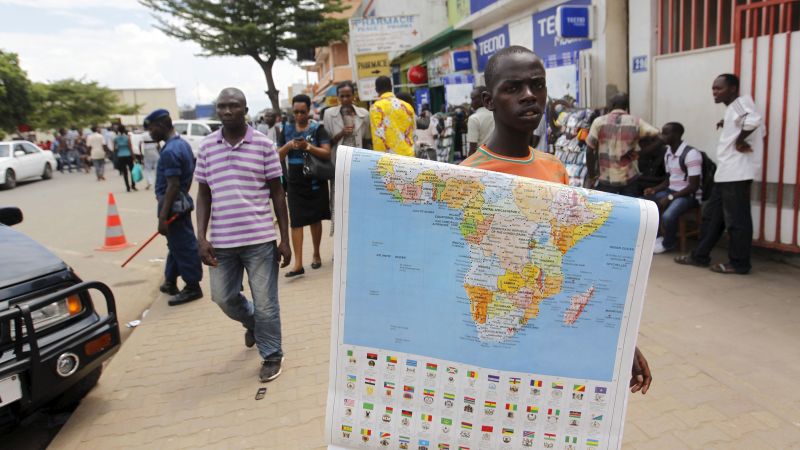
Advocating for a More Accurate World Map: The African Union's Campaign
Opinion | 8/15/2025
The African Union is advocating for the adoption of a world map that accurately represents the continent’s true size, highlighting discrepancies in the current use of the 16th-century Mercator map. The Mercator projection, commonly employed by governments and international organizations, distorts the size of Africa, making it appear significantly smaller compared to other regions of the world.
This call for a more geographically precise map comes as part of a broader campaign supported by the African Union. The initiative aims to address the historical inaccuracies perpetuated by the Mercator projection, which has long been criticized for its Eurocentric bias and misrepresentation of landmass proportions.
In a statement regarding the importance of this shift, a representative from the African Union emphasized the need for a cartographic depiction that reflects Africa’s actual size and diminishes the marginalization of the continent on the global stage. The move signals a push for greater accuracy and inclusivity in geographical representations on a worldwide scale.
Critics argue that the continued use of the Mercator map not only perpetuates colonial-era misconceptions but also reinforces power dynamics that disadvantage African nations in various spheres. By advocating for a more faithful representation of Africa’s size, the African Union seeks to promote a more equitable understanding of the continent’s significance and contributions to global affairs.
As discussions around decolonizing knowledge and representations gain momentum, the push for the adoption of a map that showcases Africa’s true proportions underscores a broader effort to rectify historical biases and promote a more balanced narrative in the field of cartography. The African Union’s stance on this issue reflects a growing awareness of the importance of accurate and unbiased representations in shaping perceptions and fostering global cooperation.


